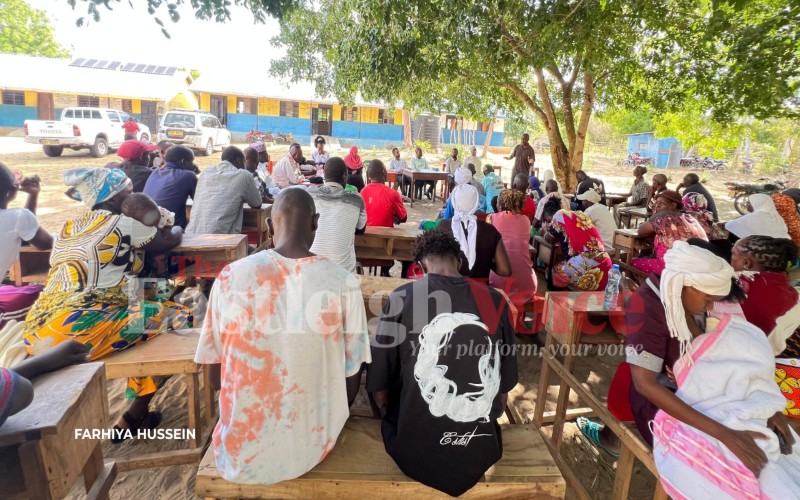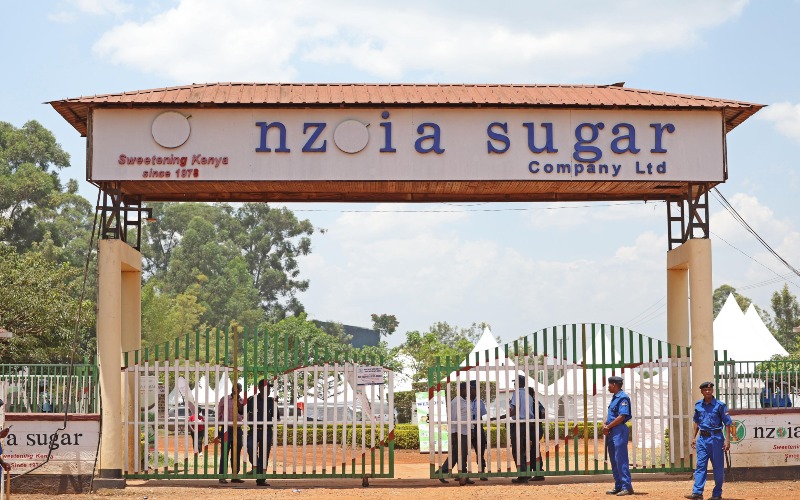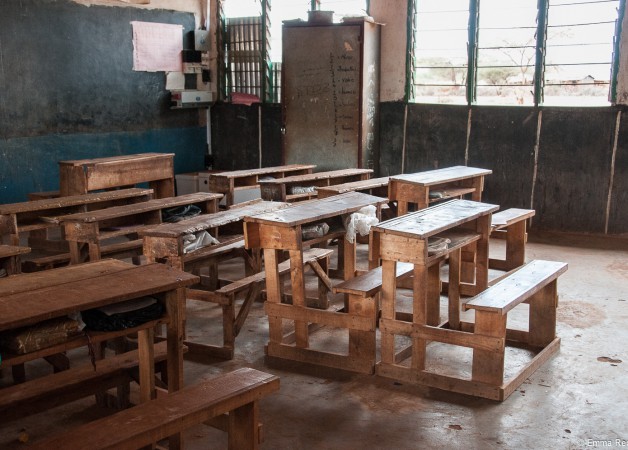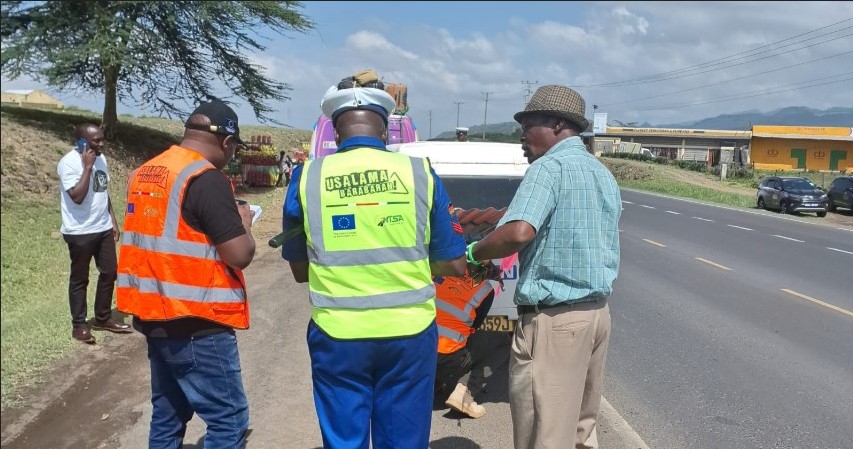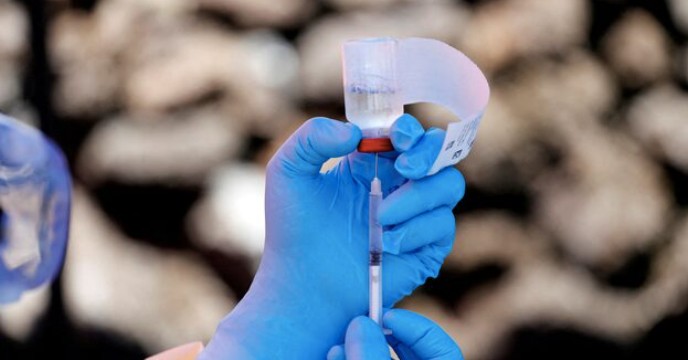Government introduces new fees for importers and exporters of agricultural products
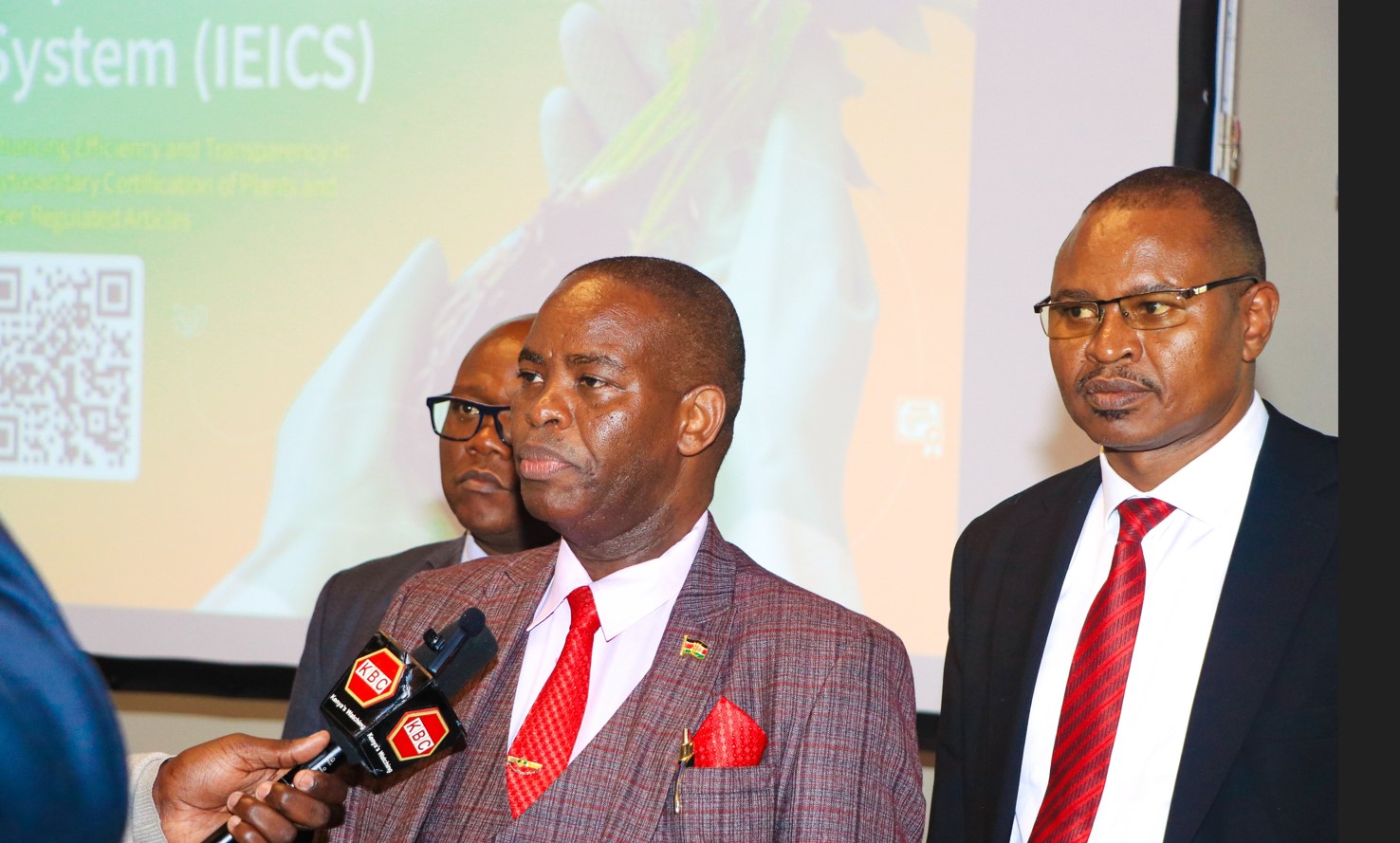
Under the revised directive from KEPHIS, fresh produce exporters must obtain a phytosanitary certificate and undergo inspection before exporting their products.
The government has announced the implementation of new fees for phytosanitary services starting July 2024.
Phytosanitary services encompass various measures aimed at controlling plant diseases in crops.
More To Read
- CS Kagwe urges bold reforms in agriculture sector as Intergovernmental Agriculture Forum opens in Naivasha
- Kenya wants China to remove tariffs on coffee, tea, avocados as trade imbalance persists
- City Hall moves to recognise urban farmers in policy review
- CS Kagwe orders integrated pest management to save macadamia nuts
- Farmers accuse KTDA of favouring Eastern regions in bonuses
- Senate Bill proposes five-year jail term, Sh2 million fine for livestock thieves
In a notice, the Kenya Plant Health Inspectorate Service (KEPHIS) said the new fees will apply to all importers and exporters of agricultural produce and products within Kenya.
"Pursuant to the provisions CAP 324 (Legal Notice No. 48 of 2009, Part B), notice is hereby given that with effect from July 15, 2024, the following fees are applicable," reads the notice in part.
Under the revised directive from KEPHIS, fresh produce exporters must obtain a phytosanitary certificate and undergo inspection before exporting their products.
This service will cost 50 cents per kilogramme, with a minimum charge of Sh100.
Also, traders will need to pay an additional Sh500 per phytosanitary certificate.
For imported agricultural produce, KEPHIS mandates a plant import permit and inspection certificate and as a result, entrepreneurs will incur charges of 50 cents per kilogramme, along with an extra Sh600 for each plant permit.
Traders importing or exporting agricultural produce will need to pay Sh10,000 before their shipment undergoes inspection.
For larger vessels, a Sh5,000 fee will be applied for physical testing, while smaller vessels like dhows and canoes will incur a Sh1,000 charge.
Inspecting a 40-foot container will cost Sh1,000 per inspection, and Sh500 for a 20-foot container. Determining moisture content per sample will cost Sh1,000.
For traders transporting agricultural produce by air, inspection fees are Sh3,000 for large aircraft and Sh1,500 for small aircraft.
"Sample of minor consignment for quality examination per consignment will be Sh5,000," reads the notice in part.
KEPHIS is a State Corporation established under the KEPHIS Act of 2012 to carry out the Plant Protection Act CAP 324.
Top Stories Today
